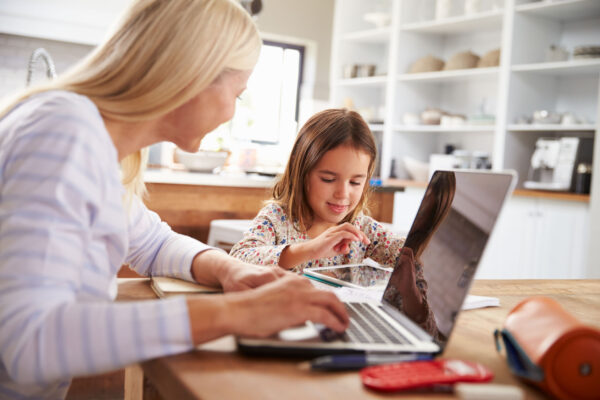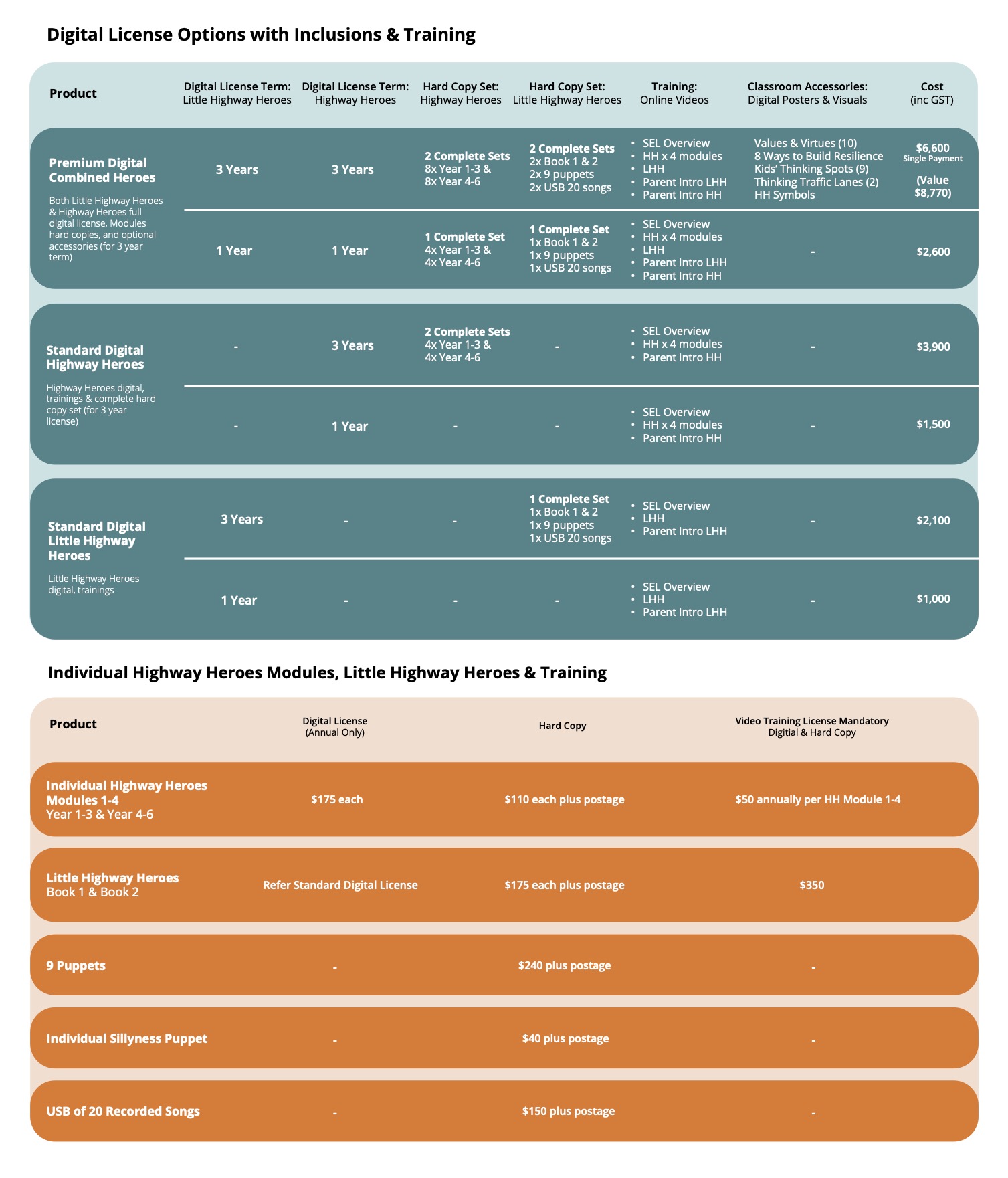What is ‘sharenting’?
‘Sharenting’ – the term used to describe parents who habitually share information about, and images of their children on social media.
In an age where information sharing – immediately – is king, there are so many more snags and hidden hazards for parents to consider when thinking about how best to protect their child.
As if having to think about and then teach children all the rules of getting along, staying safe and being a good person wasn’t enough, we now have to consider how our online lives can impact our children.
That’s a really important consideration – in fact, an eye opener for us parents. Techno-documentation is not just a concept – it’s a reality. It’s the collection over decades, of information on our children that can later be mined for a variety of reasons. Simply put, the data we share now about our children has the capacity to affect them into their future.
Some facts
So, if these facts don’t surprise you – shock you – let us know. Yes, we travel the information super-highway – but these statistics are mind-blowing:
- A recent US study found 63% of mums use Facebook
- 97% of those posted pictures of their children
- 89% post status updates about their children
- 46% post videos of their children
- A further US study found that over 2/3 of parents regularly posted pictures of their children online
- The average 5 year old has 1000 photos of themselves online before they turn 5
- 90% of American children have an online presence before the age of 2
What are the benefits of ‘sharenting’?
We live all over the globe, many of us far flung from our family of origin. Now, grandparents, aunties, uncles and friends can see our children growing, achieving and thriving moment to moment. I guess, the pertinent question is, are we protecting our children enough while we share the intimate details of their lives – from toilet training through to getting their ‘Learner’s’ permit to drive?
What are the dangers of ‘sharenting’?
These will come as little surprise. When we share images of and information about our children on social media, and friends ‘like’ and comment, our children become part of our friends’ feeds too. Now, if our friends have the same privacy settings as us and we’re all set to super-secure, then that’s fine. However, if not (and that’s the vast majority of people using social media) then our children are out there on countless feeds being viewed by countless eyes – not all with the intent to love our children and celebrate their growth and achievement. It’s pretty risky and we can’t even begin to understand how far images of, and information about, our children is travelling.
Some guidelines
These are some considerations before posting about your child on social media:
- Check your privacy settings and remember that your settings might not be the same as the settings of the people with whom you have chosen to share images and information.
- Ask yourself what the purpose for your share is? Are you keeping your child in contact with family and friends – that’s useful. If not, if it is just something to post with no value to your child then it’s time for a re-think.
- Ask yourself if you would be comfortable having the same information or image shared about yourself online before posting on behalf of your child.
- Is the share about your child’s behaviour? About their emotional development? About their social successes or otherwise? Yes? Then don’t share it. Remember those big techno-documentation stockpiles that are a reality? Well, they’re capturing all that information about your child.
- What does the image of your child convey? Are they fully clothed, in bathers…? Think about who might be viewing your child. Even fully clothed children’s images are transferred illegally in paedophilic rings – their intention for viewing is not the same as yours is for sharing.
- The image or information you’re sharing – how is your child going to view that information when they’re an adult? Is it going to dent or harm their relationships or career in the future? Remember, this information is being actively gathered and stock-piled and it will be there in 2 decades from now.
In conclusion
Sharing the rich and rewarding parenting journey with our friends and family is important offline and online too. Online, it has the power to connect our children to family who may not be physically present.
But, be warned. Sharing images of our children online can be perilous without the right checks and controls in place. Not just for their immediate safety but moving forward into their futures too. As parents, it is our job to stand between the world and our children for as long as possible and our online sharing of their cuteness and achievements might be their greatest danger.
To find out more about BEST Programs 4 Kids’ resources for children, parents, educators and health professionals, take a look at our website. We have resources for children, parents and professionals on cyber-friendships and cyber-bullying. We also welcome emails (really!) at [email protected]. We’re the Children’s Well-being Experts – and it’s our mission to help you become one too.


